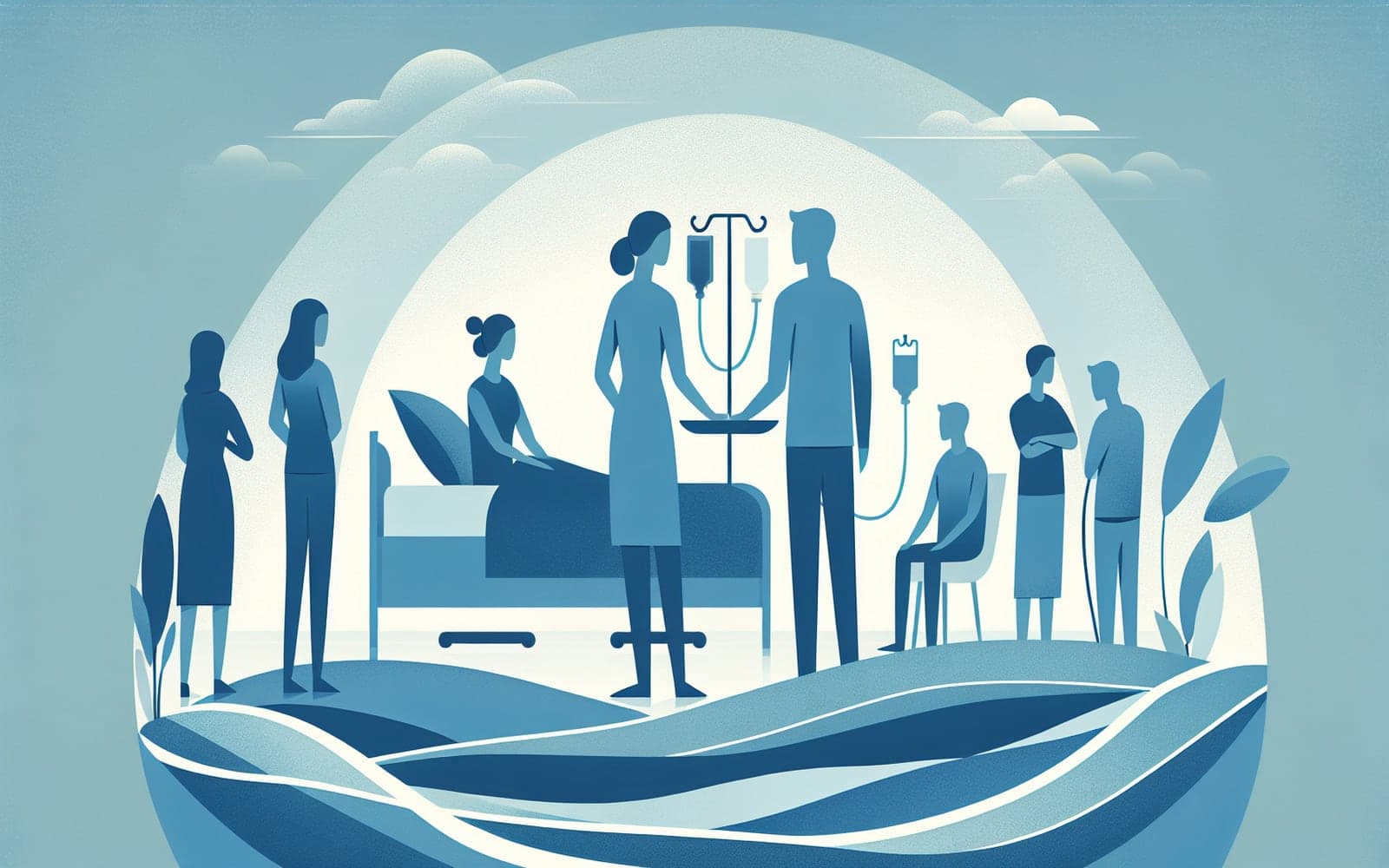How Can We Prevent Catheter-Associated UTIs?
Published: Apr 24, 2024
Catheter use is common in healthcare, but it can lead to infections. Discover the best practices for preventing catheter-associated UTIs.
Contents
Best Practices for Catheter Use
To prevent infections, it's crucial to avoid unnecessary catheterization and use sterile techniques during insertion. Removing catheters as soon as possible reduces the risk of bacteria entering the bladder. These practices are supported by guidelines from various health organizations.
Managing Catheter Care
Proper catheter care involves maintaining a closed drainage system and ensuring the drainage bag remains below the level of the bladder. Regular evaluations of catheter necessity and careful handling are essential to prevent infections. Errors in care can lead to bacteria colonization and increased infection risk.

Role of Healthcare Providers
Healthcare providers play a key role in preventing catheter-associated UTIs by adhering to protocols and educating patients and staff. Continuous monitoring and training can significantly lower infection rates, highlighting the importance of teamwork in healthcare settings.
Frequently Asked Questions
Use sterile techniques and remove them as soon as possible.
Avoid unnecessary catheterization and improper drainage system maintenance.
By following protocols and educating staff and patients.
Regularly evaluate the necessity of catheterization.
Wrapping Up
Effective catheter management can prevent infections and improve patient outcomes.
References
- Hooton TM, et al. Strategies to prevent catheter-associated urinary tract infections. Infect Dis Clin North Am 2012; 26:13.
- Warren JW, et al. Prevention of catheter-induced urinary-tract infections. N Engl J Med 1966; 274:1155.
This article has been reviewed for accuracy by one of the licensed medical doctors working for Doctronic. Always discuss health information with your healthcare provider.
AI Doctor Visit Required
Appointments available 24/7
15-min consultation. No hidden costs.
AI Doctor Visit Required
For safety reasons we have been forced to end this consultation.
If you believe this is a medical emergency please call 911 or your local emergency services immediately.
If you are experiencing emotional distress, please call the the Suicide & Crisis Lifeline at 988 or your local crisis services immediately.
Contact us
You can also email us at help@doctronic.ai
We aim to reply within 5-7 days
How likely are you to recommend Doctronic to friends or family?


